Acquaintance
Viktor Khmarin met Putin while studying at the Faculty of Law of Leningrad State University. They wrestled together and went to dances. Their third friend was student Ilgam Ragimov, who now owns half a billion dollars worth of real estate in Moscow. In 1983, Khmarin was a witness at Putin's wedding, and then he himself married his relative Lyubov Kruglova. After graduating from university, Ragimov remained in graduate school, Putin went to serve in the KGB, and Khmarin got a job in a law office in Leningrad.
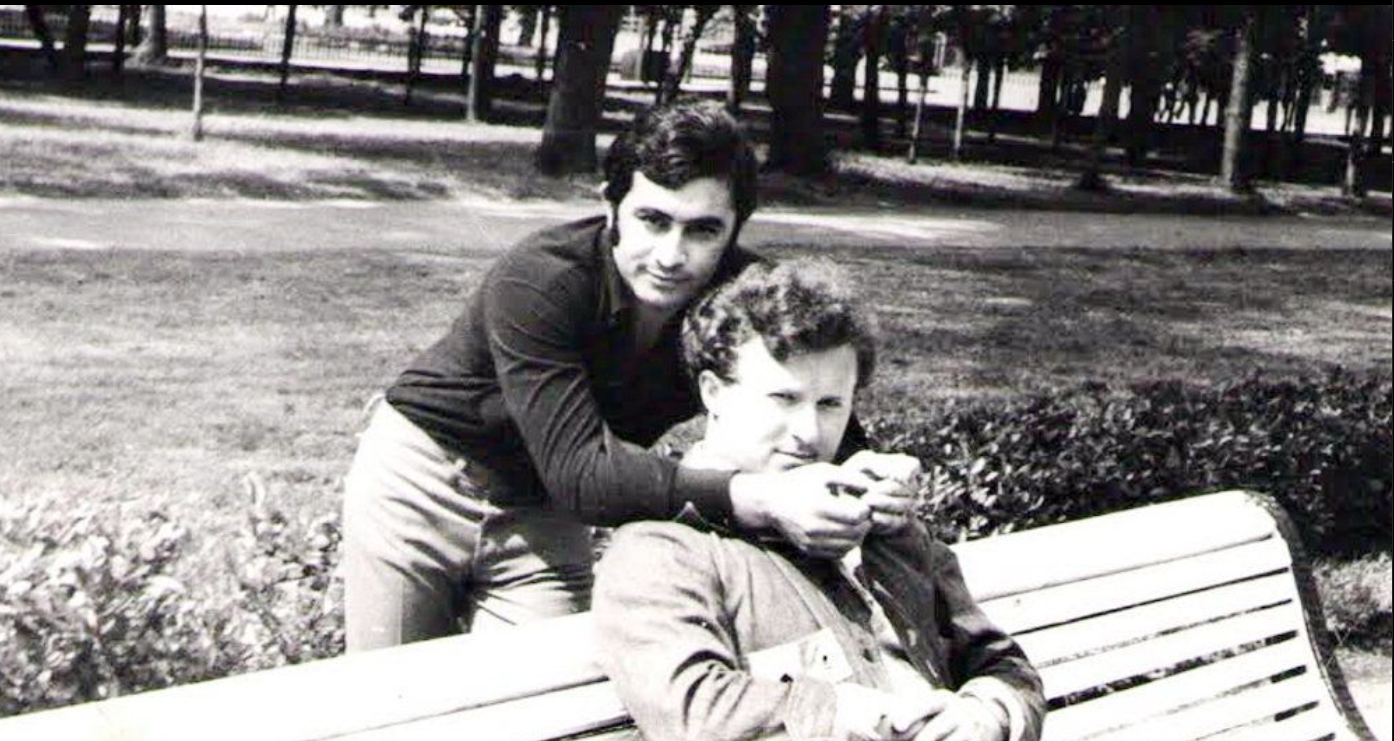
When Putin took over the chair of Anatoly Sobchak, deputy mayor of St. Petersburg, Khmarin headed the Vita-X company, which was among the founders of the legend of gangster St. Petersburg – the St. Petersburg Fuel Company (PTK). At various times, the co-owners of the PTK were structures affiliated with the leader of the Tambov organized criminal group Vladimir Kumarin (Barsukov), criminal authority Gennady Petrov and Ilya Traber, nicknamed Antikvar. Along with Vita-X, Khmarin headed the Chernobylets Foundation for the Disabled and the Arminius Security Fund, and in addition became the Honorary Consul of the Seychelles in St. Petersburg. Among the honorary consuls, one can also find other friends of Putin: Yuri Kovalchuk is the honorary consul of Thailand, Taimuraz Bolloev of Brazil, Sergei Fursenko of Bangladesh, and Valery Gergiev of Luxembourg.
After Putin moved into the presidential administration, a long line of people who wanted to take high positions in the state apparatus or solve problems in business lined up to Khmarin. According to the air travel database, from 1999 to 2003, the honorary consul of the Seychelles flew to Moscow 39 times, and his fellow travelers were future generals and St. Petersburg businessmen, who later received lucrative government contracts.
For example, together with Khmarin, President of the Federal Chamber of Lawyers Yevgeny Semenyako, future FSB General Sergei Shemetov, antiquarian Boris Lieberman, owner of Belrusneftegaz Vladimir Yanovsky and chairman of the board of directors of SPb Myasomolmash Viktor Solovyov flew to Putin. The last fellow traveler in 2019 was sentenced to five and a half years for major fraud. Moreover, according to Khmarin, Solovyov scammed him for $ 2 million.
Conflict with Medvedev and friendship with an Islamic preacher
With the advent of Putin to the Kremlin, Khmarin's business went up sharply. His companies began to win tenders for the supply of equipment to Gazprom, and the total revenue amounted to more than 20 billion rubles a year. True, Khmarin himself did not particularly shine among the founders, and the companies were headed by his appointees. Thus, Shamisdan Aliyev headed Real-invest LLC (8 wins in competitions), Alexander Kozakov and Nikolai Yakovenko were co-founders of pipeline valve suppliers (Telbiko LLC and STD CJSC), and the seat of the Yamalinvest General Director (3 wins in competitions) was occupied by Vyacheslav Kupriyanov. In 2008, Moscow police checked Kupriyanov's Yamalinvest for signs of tax evasion using shell companies. According to the results of the pre-investigation check, it turned out that the company spent most of the profit on the purchase of Sberbank bills and payment for agency contracts. But soon the check was stopped for some reason.
The Insider's source in the Ministry of Internal Affairs said that the customer for the raid on Yamalinvest was the then President Dmitry Medvedev, "with whom Viktor Nikolayevich is at odds." However, Putin’s classmate was not particularly affected in this conflict: by this time he already had a construction business in Turkey, Ladoga insaat pazarlama ticaret limited sirketi (Ladoga Construction and Marketing Company) and a small tanker fleet for the transportation of liquefied gas and oil (AGS Union construction tourism transportation and trading limited and AGS Union maritime ltd).
At one time there were rumors that Khmarin had brought a large Turkish business to Moscow and represented the commercial interests of the popular Islamic preacher Fethullah Gülen, whom Turkish President Recep Tayyip Erdogan calls his personal enemy number one and considers the mastermind behind the failed military coup in 2016. The preacher has been living in exile abroad for many years. In Russia, at the request of the FSB, the activities of the Nurcular movement, headed by Gülen, are banned, and his books are declared extremist. In 2015, the Atlantic Turkish school was closed in Moscow, the board of trustees of which included Khmarin and the billionaire classmate Rahimov already mentioned above, and its director Faryk Kay was banned from entering Russia for ten years.
Those close to Khmarin categorically denied the connection with Gülen, but this is what the well-known lawyer Elena Mikhno told The Insider:
“In 2010, in St. Petersburg, Khmarin offered me to conduct cases on the protection of the honor, dignity and business reputation of the Turkish preacher Fethullah Gülen, since my dissertation was devoted to the problems of compensation for moral damage. As I understood later, Khmarin intended to attract Gulen's money for the construction of a logistics complex in Sheremetyevo, and then sell the built one.
The project at Sheremetyevo was never implemented, and while Khmarin was justifying himself to Putin for his Turkish connections, Arkady Rotenberg took advantage of the situation, whose structures took control of the capital's airport.
Khmarin quite actively pushed through the laws he needed. For example, he lobbied the State Duma for the adoption of the Far Eastern Hectare state program, which provides Russian citizens with the right to receive land plots in the Far East free of charge, and after the launch of the program, he headed the Far Eastern Land Investment Corporation. Khmarin is credited with lobbying the law “On Viticulture and Winemaking”, adopted by the State Duma in December 2019. Then Putin's classmate represented the interests of the Mirolub investment group, which owns the assets of the agricultural sector in southern Russia. In one of the interviews, he accused the State Duma of promoting the interests of foreign wine suppliers, in another article “Crimea is ours! And the earth? – was indignant at the actions of some Ukrainians who do not pay for land rent. Shortly thereafter, companies associated with Khmarin leased 1,000 hectares of Crimean land for 49 years and started winemaking.
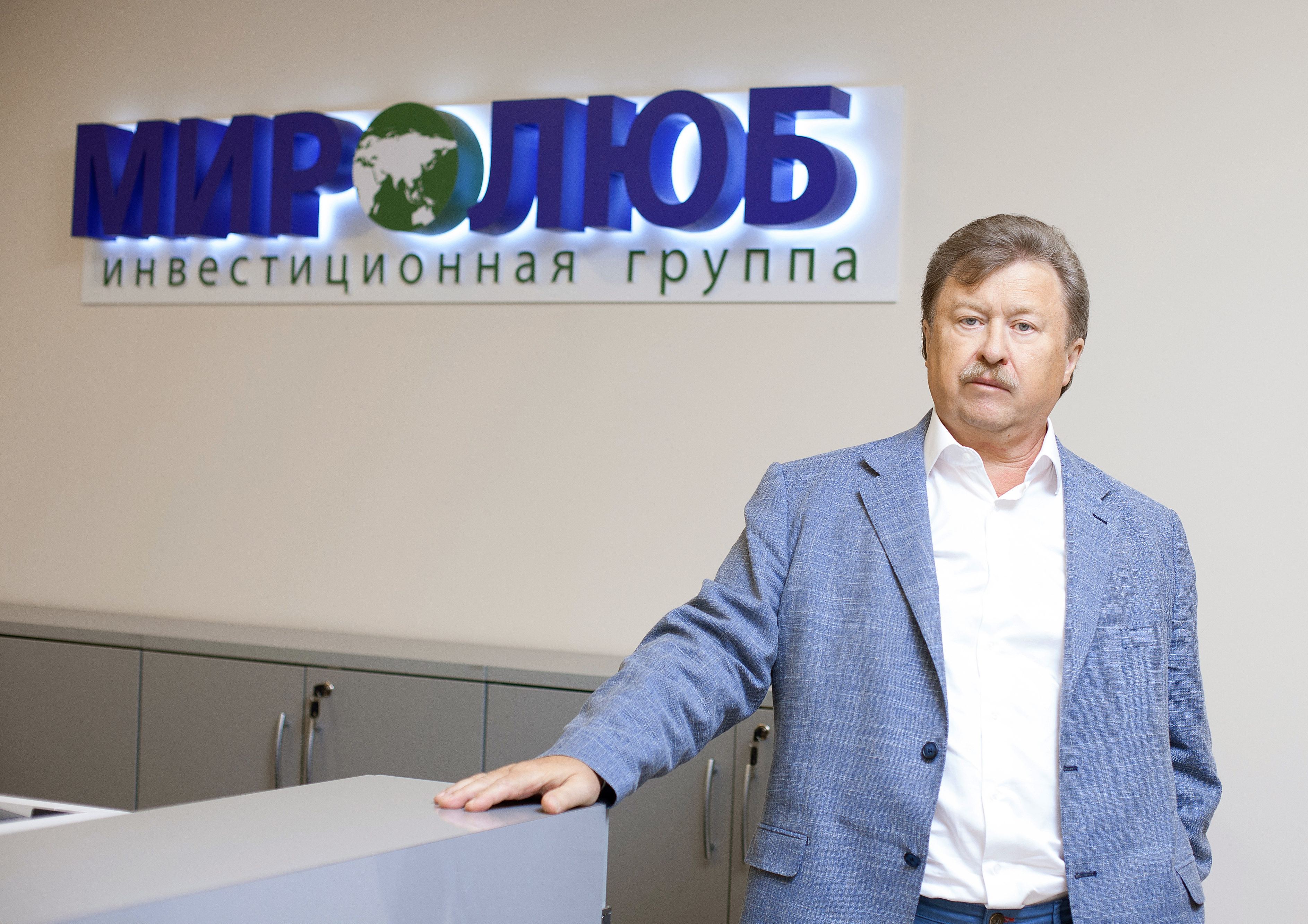
By the way, Khmarin's son also graduated from Leningrad State University and, like his father, turned out to be a talented businessman. In 2021, he headed the largest Russian state corporation RusHydro with an annual revenue of almost 469 billion rubles.
propagandists
An important activity of Khmarin is the financing of "patriotic" projects. He is a member of the boards of trustees of the Zinoviev Center, Committee-17 and the international movement We Love Russia.
The Zinoviev Center is well known as a platform for conservative political scientists close to the Kremlin. As stated on their website, the unification of the Zinovievites "is especially necessary in the face of unprecedented pressure from the United States and its satellites on countries that have chosen an original path of development and are not subject to the power of the world behind the scenes." Branches of the center for the fight against the “world behind the scenes” are open in Belarus and China, and another friend of Putin, Mikhail Kovalchuk, is on the board of trustees.
"Committee-17" mainly promotes the pro-Kremlin agenda on the situation in Ukraine. According to Ukrainian journalists, the people of the fugitive ex-president of Ukraine Viktor Yanukovych sit on the committee, and the former head of the Ukrainian Interior Ministry Vitaliy Zakharchenko, nicknamed the “executioner of the Maidan” in his homeland, was elected co-chairman.
An important activity of Khmarin is the financing of patriotic projects
The “We love Russia” movement was created to “educate a patriotic generation in the spirit of pride and love for the Motherland.” The leadership of Russia lovers includes pro-Kremlin activists from Georgia, India, Serbia, Azerbaijan, Turkey, Bulgaria, Italy and France. They organize round tables and symposiums, and the co-chairman of the organization – as he calls himself, the people's poet of Africa – Zolani Mkiva supports Putin in everything and dedicates his poems to him.
Together with Khmarin, the governing bodies of the Zinoviev Center, Committee-17 and We Love Russia include Mikhail Zernov, a native of Yakutia, who introduces himself as an international public figure. He has been working for Putin's classmate for more than 20 years and has earned the nickname "Khmarin's Tail". Concurrently, the “tail” previously led the People Against Corruption party, created in opposition to Alexei Navalny’s FBK. The previously convicted Cossack ataman Mikhail Filin helped Zernov fight corruption. In the dashing nineties, Filin was repeatedly detained for extortion, and in 1995 he spent eight months under arrest on suspicion of organizing the murder of popular TV presenter Vlad Listyev.
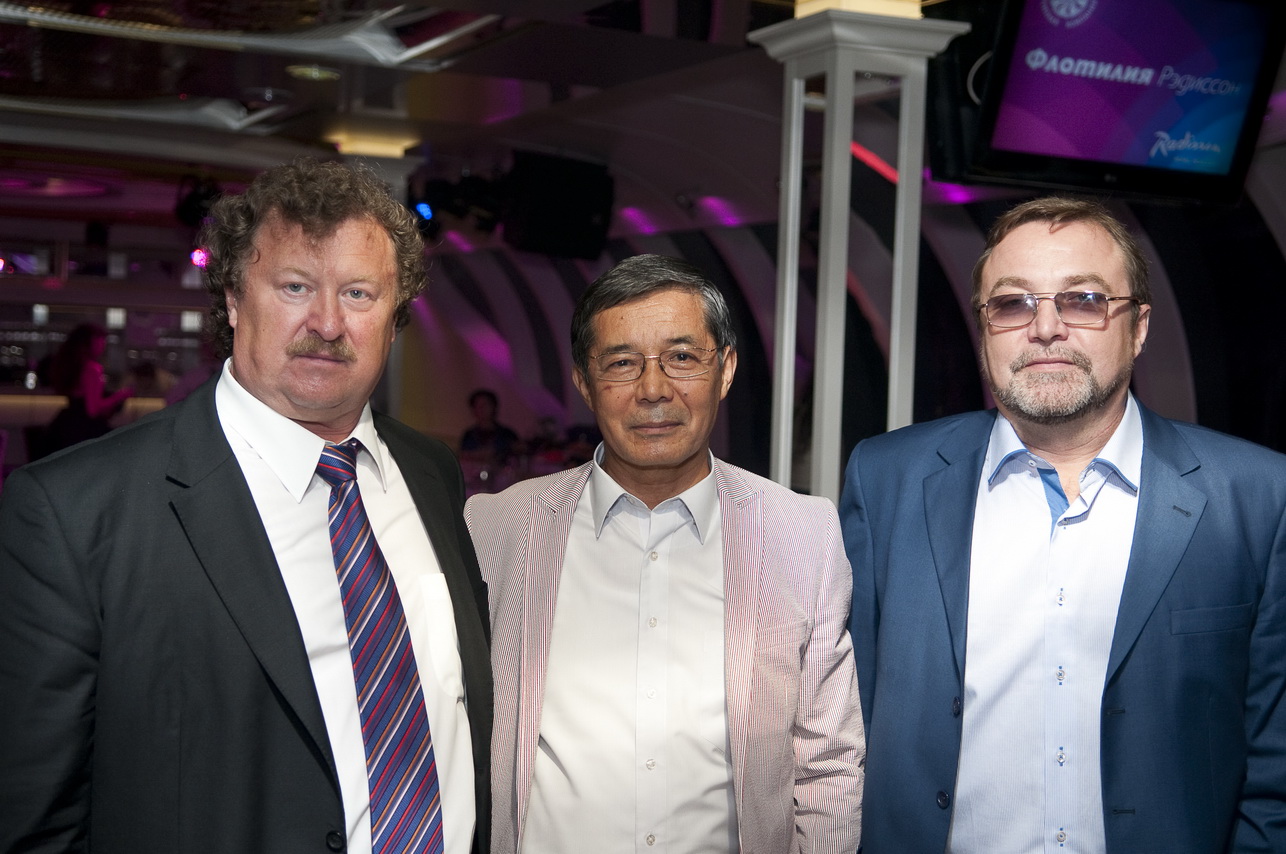
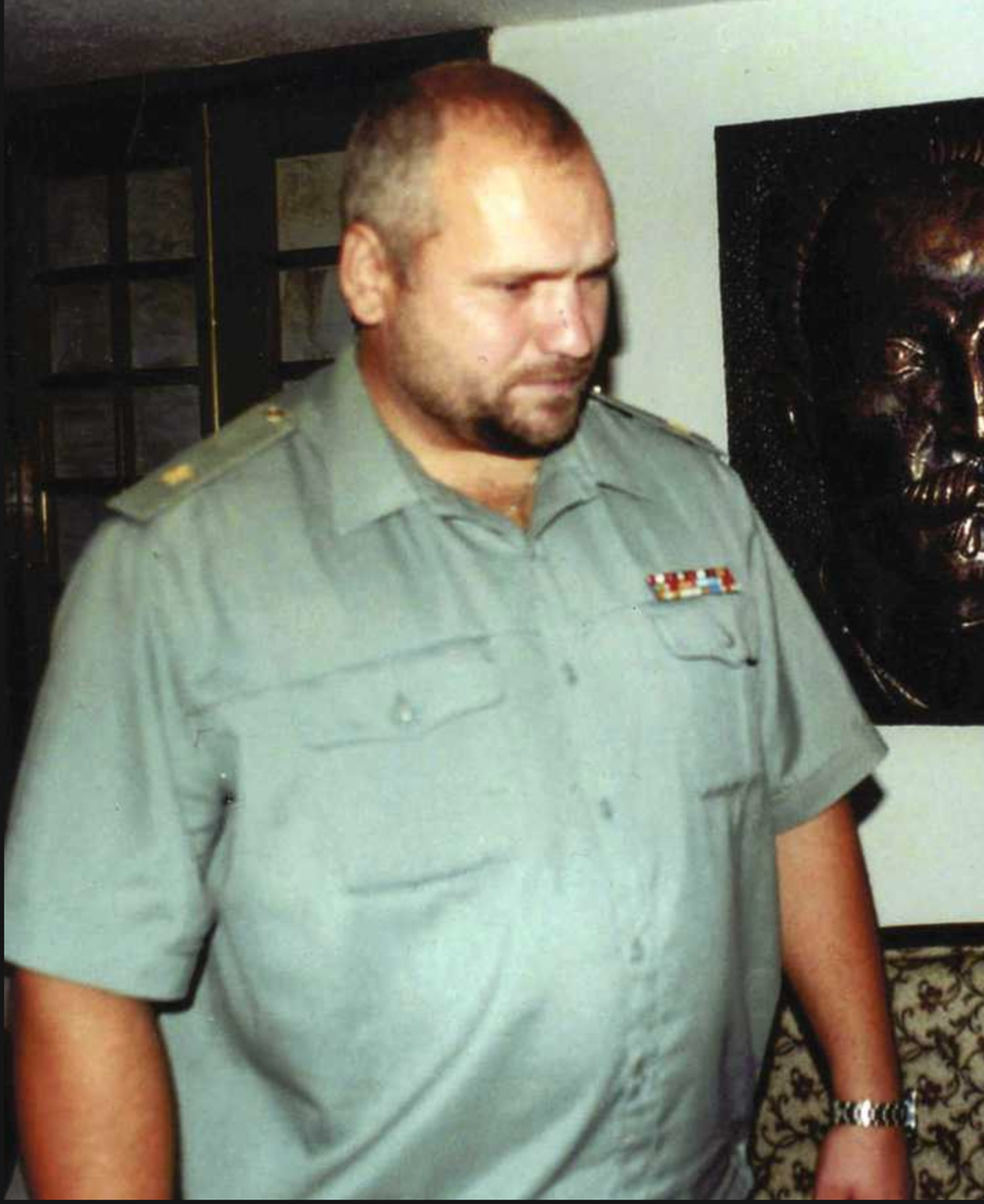
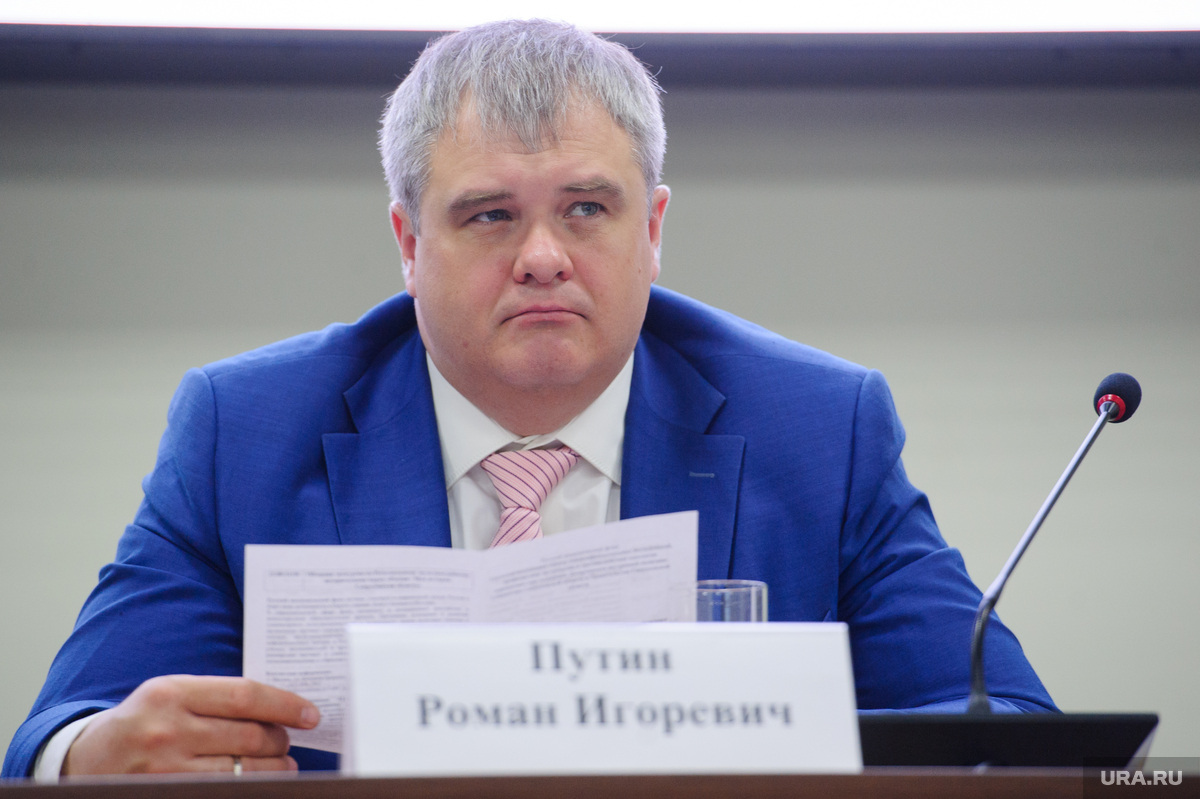
In 2020, the party of “fighters against corruption” was headed by Putin’s cousin, former Chekist Roman Putin. However, the president did not like the initiative of the nephew, and the Supreme Court liquidated the party.
Villa on Saimaa
“You see, each of my friends tried to build a recreation center so that Vladimir Vladimirovich would come there and solve some important issues through him. In the same Finland, a park-hotel was built by Konstantin Goloshchapov, nicknamed by your colleagues as Putin's masseur. And somewhere not far from Khmarin, there seems to be a villa of another friend of our president, Nikolai Yegorov, ”says a St. Petersburg businessman who knows some members of the Ozero cooperative well, on condition of anonymity.
The door of Khmarin's main house in Finland was unexpectedly open. Inside, the heating and the elevator were found to be working. Expensive building materials lay everywhere, electric wires stuck out and unopened boxes with exclusive ceramic tiles, refrigerators, washbasins and other plumbing fixtures.
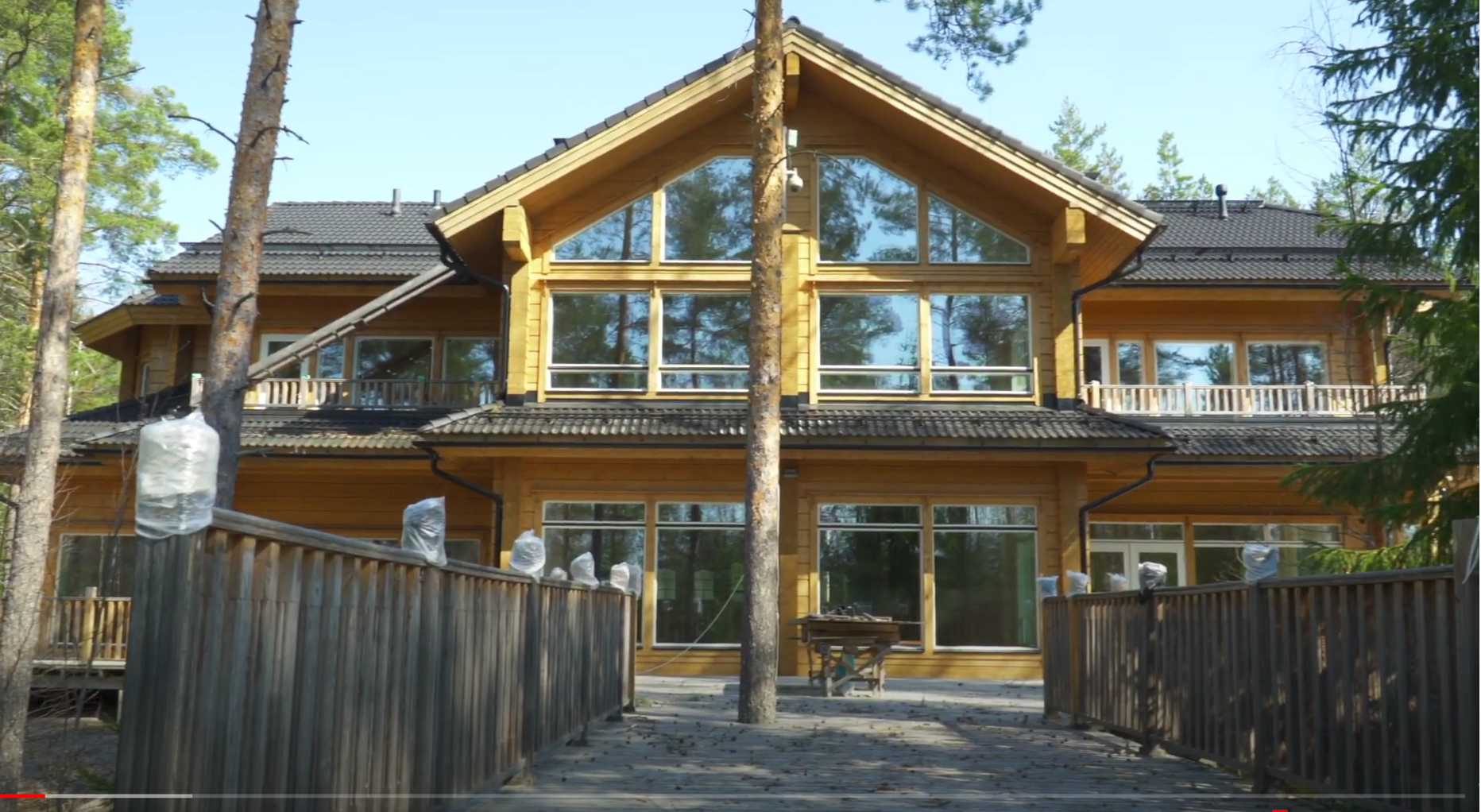
According to the master plan, the house has an office, a dining room, a wine cellar, a billiard room, an underground garage, a small swimming pool, a sauna and eight toilets. The decoration of the premises was carried out by workers brought from Russia, and on some of the boxes a certain “LV” made formidable inscriptions: “Do not touch the boxes without my approval.”
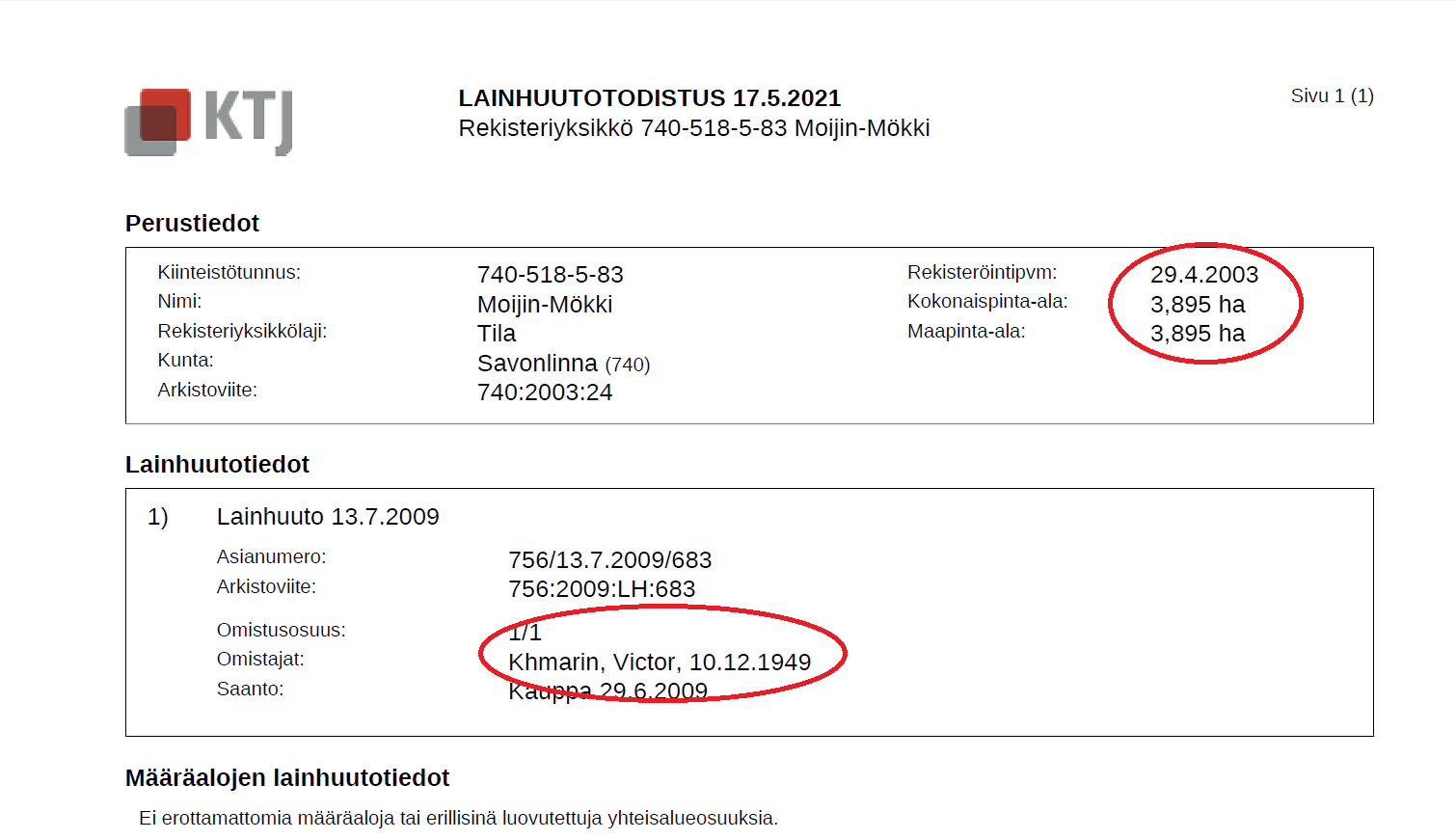
The approximate cost of the fishery on Lake Saimaa is estimated at 3 million euros. For example, site preparation cost 120,000 euros, a villa – 500,000, a security house – 200,000, and another 400,000 went to purchase building materials. And this is not counting the cost of a fishing house, a utility block, wooden bridges, paths, a glacier and other things. During the construction of the villa, several teams of builders were replaced. Some left dissatisfied with wages, others with working conditions. Finnish specialists also refused to work with Khmarin. One of them, Teemu Lautiainen, who brought communications to the main house, reluctantly recalls clients from Russia:
“The bills were paid with difficulty, each time five times it turned out what this bill was for. I had to constantly prove myself. We refused to work with them, and Khmarin's representative, who paid the bills, was eventually kicked out the door."
In July 2017, Putin arrived in the Finnish city of Savonlinna, which is located 10 km from the villa on Lake Saimaa. He was met by the then President of Finland, Sauli Niinistö, and his wife. As the local press wrote, because of the visit of the owner of the Kremlin, the life of the small town was paralyzed, and the Finns had never seen so many Russian guards before.
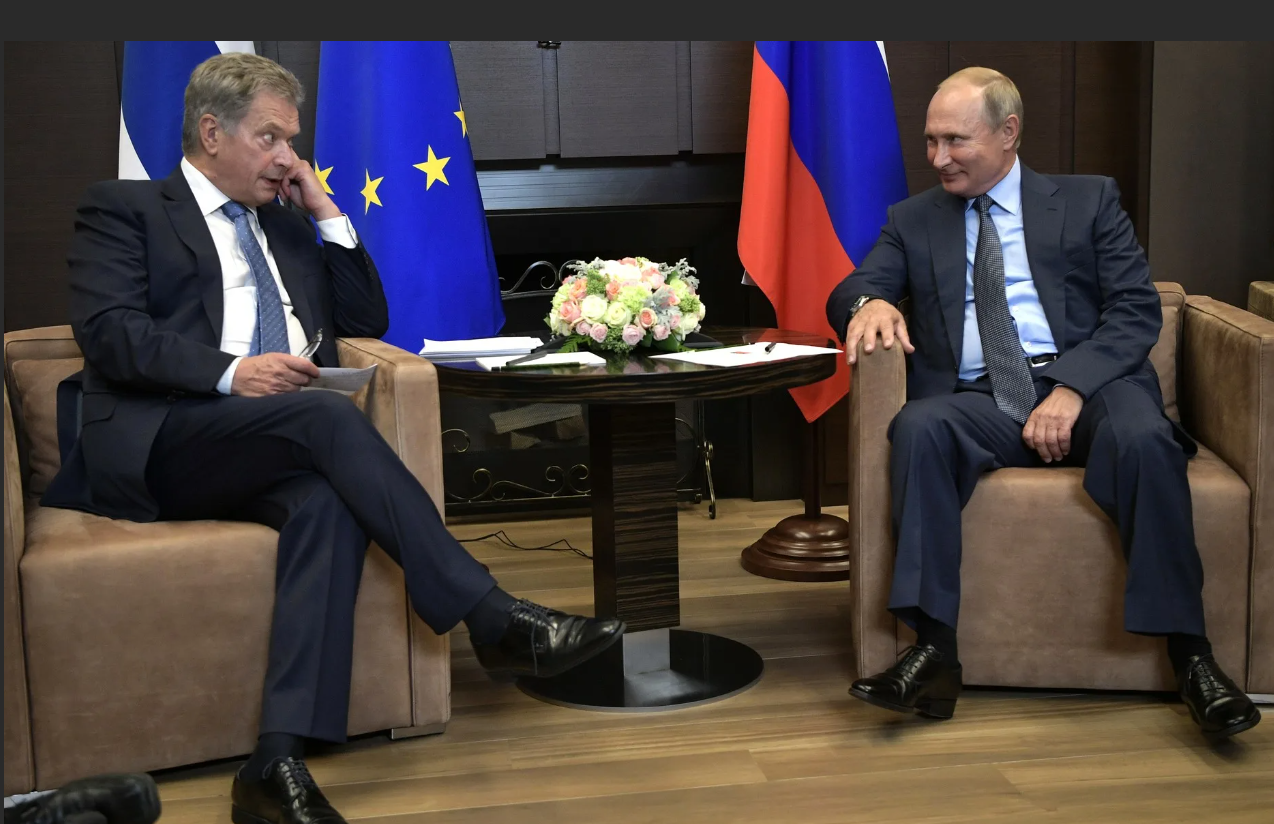
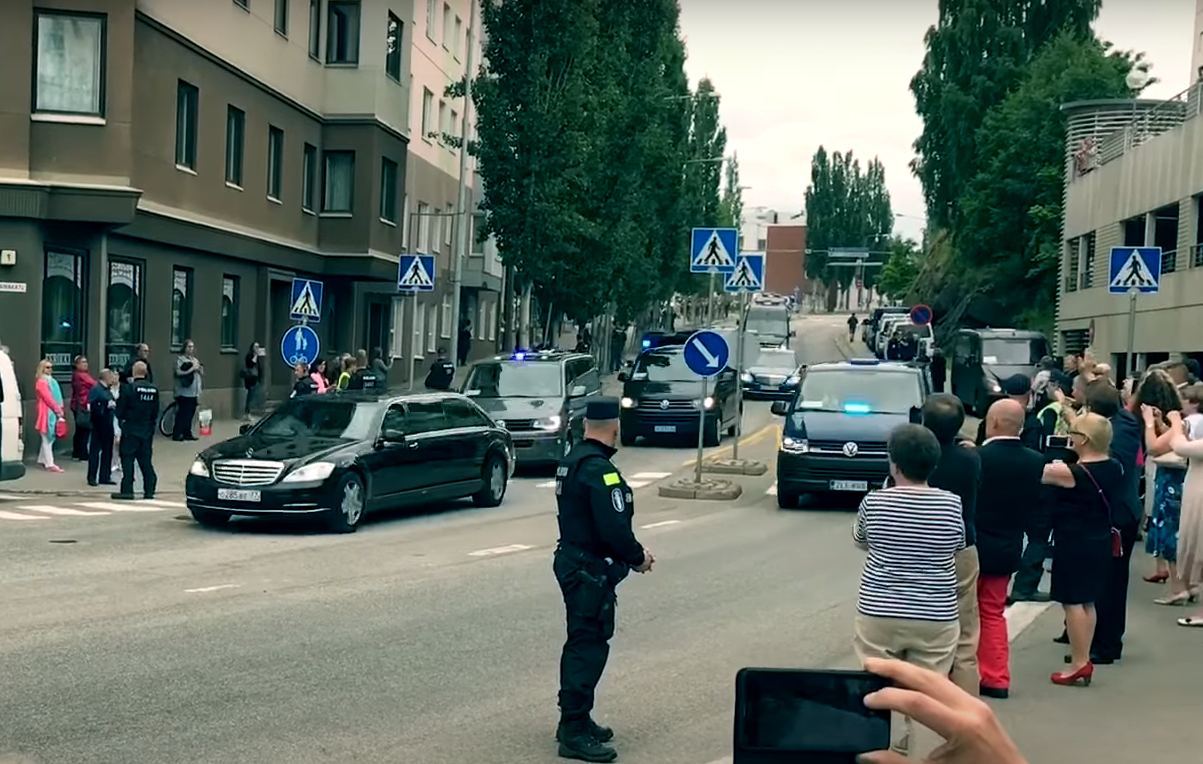
According to The Insider's source in the security services, while Putin was negotiating with his Finnish counterpart, one of Khmarin's aides, included in the official delegation, secretly went to the villa and ordered all construction work to be curtailed. He told the workers that times had changed and that Putin was not up to Finnish fishing. Apparently, Khmarin wrote off the property at a loss: there was no buyer for the 850-meter three-story building with other buildings, since it is considered indecent for Finns to own a country house of this size.
The material was prepared with the participation of the Dossier Center


